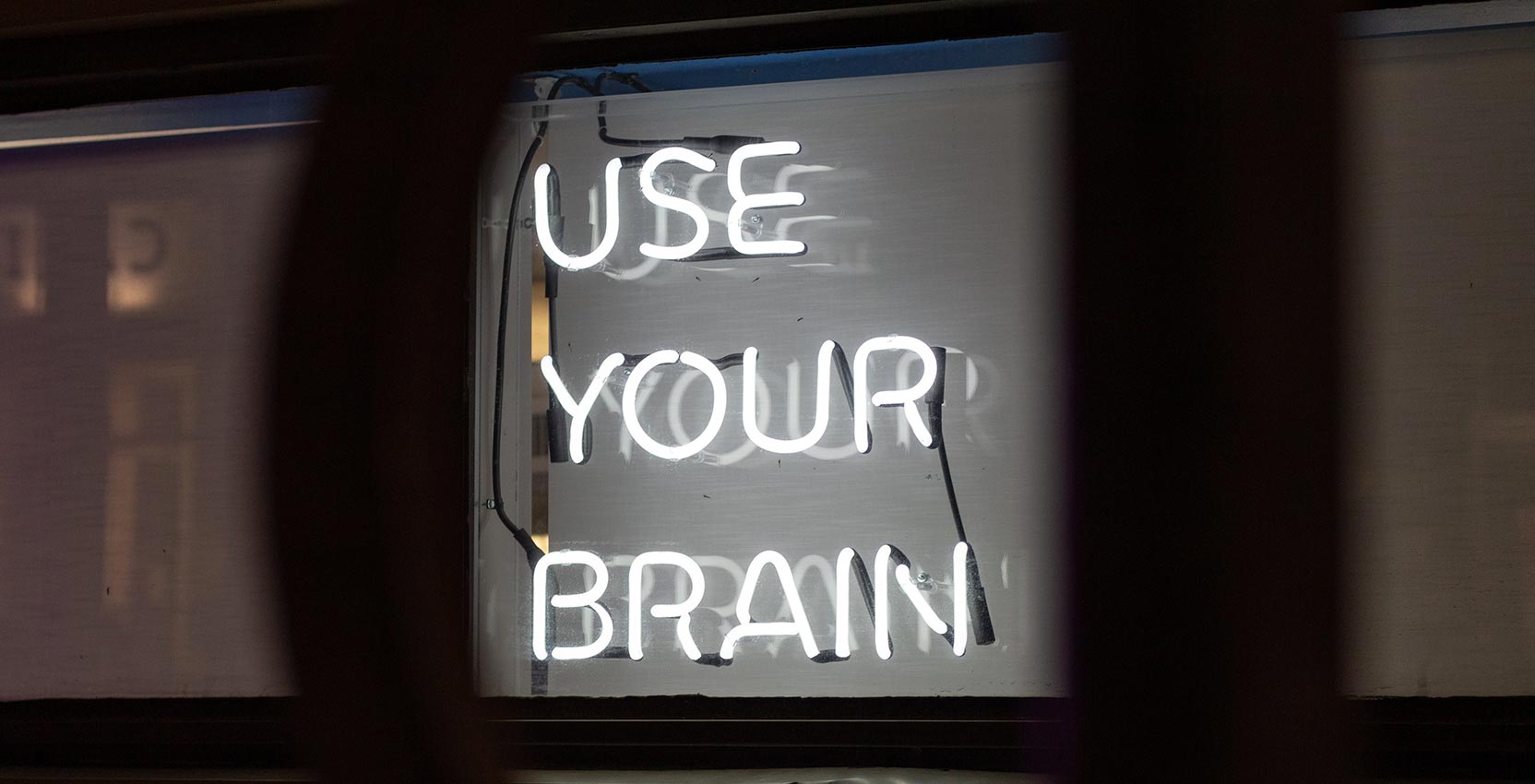Growth mindset

Growth mindset is about shifting emphasis from achievement to effort. It’s good for everybody, but it’s particularly critical for “gifted” kids. Growth mindset and connection (which I’ll post about on another day) are the bedrock all of our homeschooling is built on.
Lurking under the surface of learning avoidance and resistance is anxiety. Sometimes learning new things is hard, and even scary, even threatening. What does it mean if you fail? We are working on embracing challenges, celebrating mistakes and failures, recognizing that building a new skill takes time and is messy, and valuing effort over achievement.
We do a lot of talking about our brains, our neurons and synapses, what’s happening both structurally and metaphorically when she’s doing new work. We take time to notice how our choice of mindset has helped or hurt us as we’re learning. It takes consistency, intention, and explicit call-out moments, so it’s an added layer of schooling effort, but boy does it pay dividends. Getting to see the total shift in Wanda’s mental orientation towards her work and even her sense of self is WILD.
Here’s how I rolled it out:
- We read the graphic novel “Science Comics: The Brain”: https://bookshop.org/shop/alibibookshop - search for “science comics brain”
- We made brain hats together and talked about all the different functions our brains handle
- We talked about how brains have variety, just as human bodies have variety—and brains have so much in common, just as our bodies have so much in common.
- We watched some videos about neuroplasticity, including some that showed actual video of neuron growth, and this TED talk (ugh, I know) about the science of brain changes:
- This one is the video we revisit most—it’s an analogy that we use ALL THE TIME, it’s actually an ad for some sports MacGuffin that is probably total bs, but it’s a good analogy:
- We hung up a “Growth Mindset A-Z” poster, and we spend time looking it over together and talking about it a lot, probably a couple of times a week, reflecting on how it has helped us in our learning new things, and noticing moments when we’ve seen each other use a growth mindset. It’s part of the Growth Mindset Kit from Big Life Journal.
- When she struggles with something she's learning, I praise the way she navigated the mistakes and was resilient as much or more than I praise the final result. I point out that she built stronger neurons when she fumbled and figured it out than on the things she did easily. (Don't get me wrong, there are plenty of high-fives for achievement, too—but I often use those moments to remember how much past effort went into being able to have that achievement.)
- We notice when we’re using a growth mindset. I call myself out when I’m not using growth mindset, and point out how a growth mindset would have helped me have a better time.
Other things we’ve done that I’m less convinced are key to our success: we have the Big Life Journal, and listen to the Big Life Kids podcast. So far she’s not been as engaged by these. I’m continuing to use them just in case something really kicks in for her down the road, but if it starts to feel like it’s making it too corny for her, I’ll shelve these two pieces and stick to what’s been working better.
It's not magic, it's not a one-and-done thing, it takes a lot of revisiting and likely always will, but so far it seems to make a big difference and be worth the effort.

